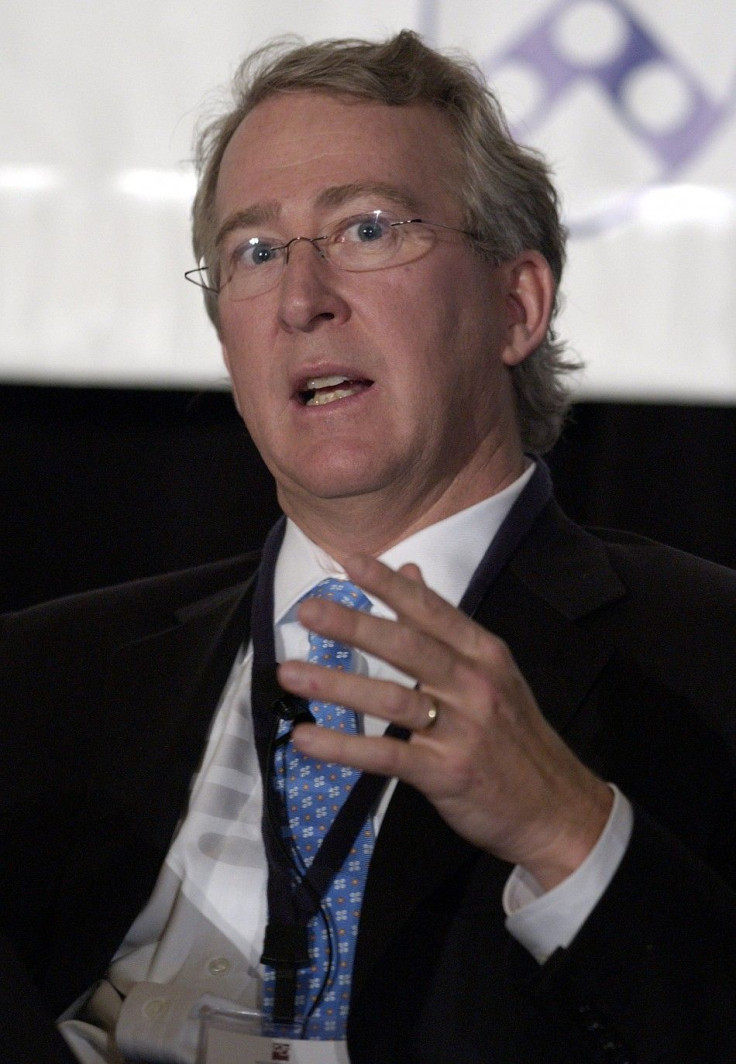Investors Wary of Chesapeake Land Purchases

Shares of Oklahoma-based natural gas company Chesapeake Energy is on the rise despite concerns that the company's massive land purchasing could be unsustainable.
With 2.5 million acres in natural gas-land leases, the company has become a huge player in domestic natural gas production, including hydraulic fracturing, bested only by Exxon Mobil Corporation. However, the land acquisitions are concerning investors who fear the company's land spending could place it in a $4 to $9 billion budget hole, reported Forbes on Wednesday.
Analysts with Argus Research on Monday downgraded the company and suggested shareholders sell their shares over what the research house called unsustainable spending.
But Seeking Alpha, another analyst company, on Wednesday called the company's shares a screaming buy, noting the company stands to generate money from its land purchases.
Despite the differing viewpoints, the company's stock is on the rise and market research firm Trefis shows the increase is expected to continue. The company's shares was up by 4 percent to $25.29 at 4 p.m. in Wednesday trading.
Raymond Deacon, an analyst with Brean Murray, Carret & Co., said that although Chesapeake has been outspending its cash flow since 1991, the company is in a profitable position in the long term.
Their ability to get their debt down has been a problem in the past month, said Deacon, who thinks the company should slow down on its land purchases. I think it's a concern to investors that they can't seem to cut back.
He added that while the company has also been under performing by 30 percent in the last month, that is not a sign the company is in dire straits.
Chesapeake hopes to leverage on the potential of shale plays from these lands, and may offer the leases as joint ventures, noted Deacon.
If your argument is they are spending too much on acreage -- they have never lost money on these [joint ventures], headded.
The company itself is confident they can grow and expand their business despite the overreach.
In its latest investor presentation released this month, company officials expect to increase production by 30 percent while reducing long-term debt by 25 percent, and expressed a commitment to raise the company's earnings to $11 billion while gas prices are hovering below $4 per 1,000 cubic feet.
© Copyright IBTimes 2024. All rights reserved.





















